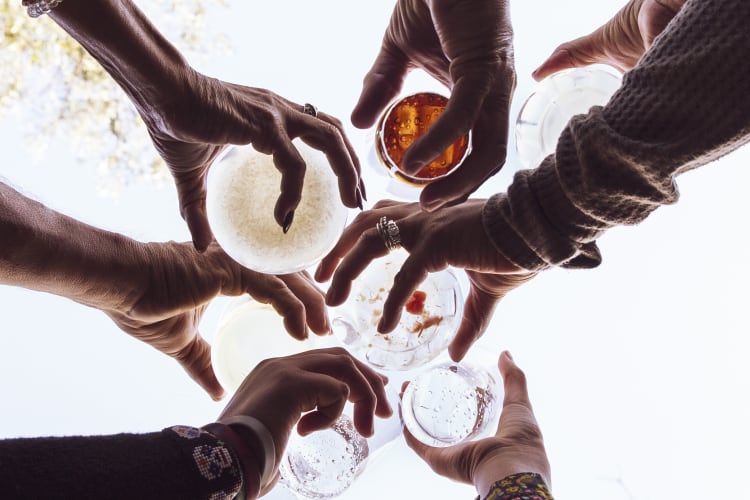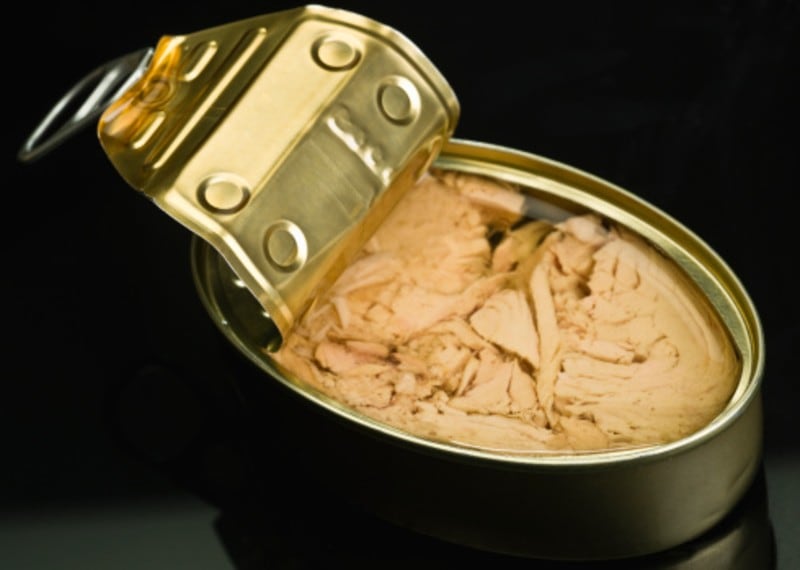Scottish food safety authorities suggested the ‘sharp rise’ in food and beverage sales over the festive season ‘heightens’ the risk of illegal and counterfeit alcohol making its way onto the Scottish market.
Head of the Food Standards Scotland (FSS) food crime and incidents unit, Ron McNaughton, said that the most common target for fraudsters is low-to-medium priced ‘market leading brands’ of vodka and wine. He noted that counterfeit products that reach Scottish shelves are ‘invariably [made] by producers outside of Scotland’.
Working with law enforcement partners from across the UK, McNaughton said a ‘large-scale national trade in counterfeit products’ had been identified. The sale of these items often have links to organised crime in the UK and overseas, the law enforcement expert noted.
Kelly Parry, Chair of Trading Standards Scotland’s (TSS) Governance Board, also emphasised the damage that this illicit trade inflicts on legitimate beverage businesses and retailers. “The trade in illicit goods is often linked to serious and organised crime and damages legitimate Scottish retailers and businesses,” she said.
‘A huge risk to health’
Although the taste of the products can seem right, the contents, strength and quality of such products can present serious, adverse effects on people’s health.
“Drinking these types of cheap products presents a huge risk to health, and in the worst-case scenario, counterfeit alcohol can cause death,” McNaughton warned.
Regulated and certified legal alcoholic drinks are made with ethanol, the type of alcohol that’s associated with lowest risk if drunk within the UK CMOs' low risk guidelines. However, fake alcoholic drinks can be made using other types of alcohol, which may have more serious adverse effects on health. FSS stressed that there is no way to know what chemicals are in these fraudulent products, the amount of alcohol they contain or how they have been made.
“When you buy counterfeit alcohol you have no way of knowing what ingredients it contains and how strong it is, which could lead to serious illness and intoxication following one or two drinks,” said TSS’s Parry.
“Remember, these counterfeiters are most often linked with organised criminals, who are selling these dangerous products solely for an easy profit,” McNaughton added.
Counterfeit booze is big business
Fake wine and spirits cost the global drinks industry €2.7bn in direct sales across the EU every year, according to the most recent figures from the European Union Intellectual Property Office (EUIPO).
Alongside channelling funds into organized crime, this illicit trade in illegal goods carries a significant price tag. The EUIPO estimates that legitimate wine and spirits sales are reduced by 6.6% due to counterfeit goods. This is linked to the loss of over 7,000 jobs, while governments lose out on around €2.2bn in revenue, according to EUIPO.
How to spot a fake
The food standards bodies said that there are ‘several ways’ to spot a fake.
Firstly, they suggest buying alcoholic drinks from retailers you already know and trust. They urge caution of unfamiliar brands and prices that are too good to be true.
“The most obvious hint that a product isn’t what it says on the label, is a low price. That should set off an alarm bell immediately for buyers, and they should simply ask themselves ‘why’,” McNaughton suggested. “But the labelling, the look of the packaging, how and where the product is being sold, can also suggest something’s not right.”
FSS and TSS advocate checking for ‘poor-looking labels and spelling errors’ as these mistakes are a ‘good indication’ that a product is counterfeit’.
Spirits in bottles of 35cl or larger and 30% ABV or higher, need to have a duty stamp, which indicates tax has either been paid, or is due to be paid, on the contents of the bottle. It’s usually incorporated into the label or stuck on the glass. If it’s not there, it’s illegal, they added.
Vodka, the most commonly counterfeited spirit, should look completely clear, with no white particles or sediment visible in the bottle.
Finally, they urged shoppers to check the cap is sealed properly. “If the seal is broken, don’t drink it - even if it’s not illegal, it could have been tampered with.”
“As we approach Christmas and New Year, we want to ensure Scottish consumers know how to recognise and avoid potentially dangerous counterfeit alcohol,” Parry concluded.


